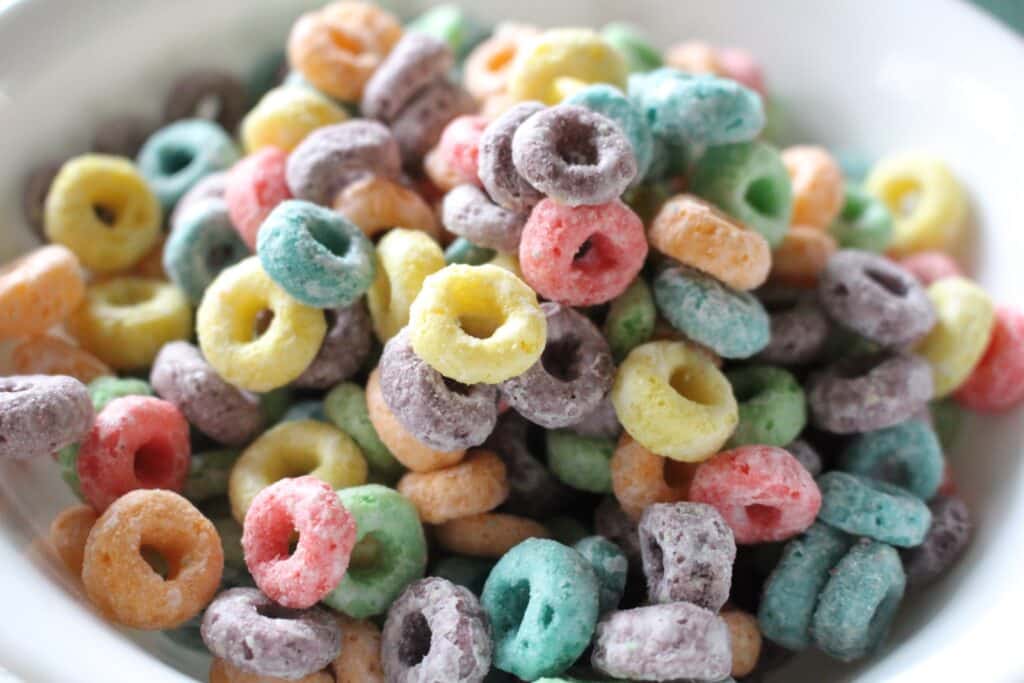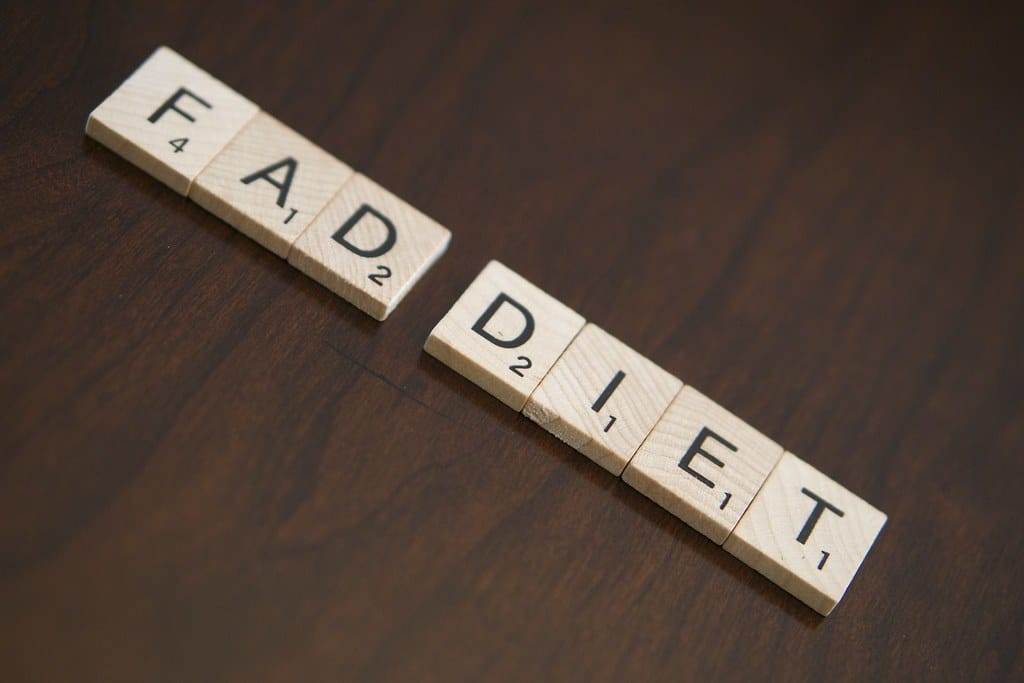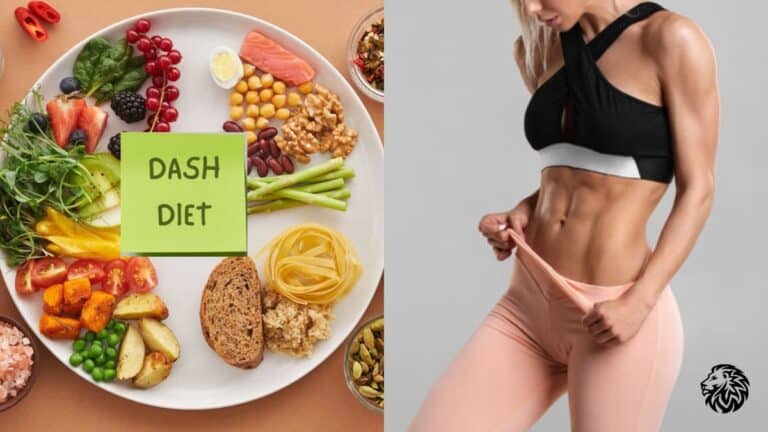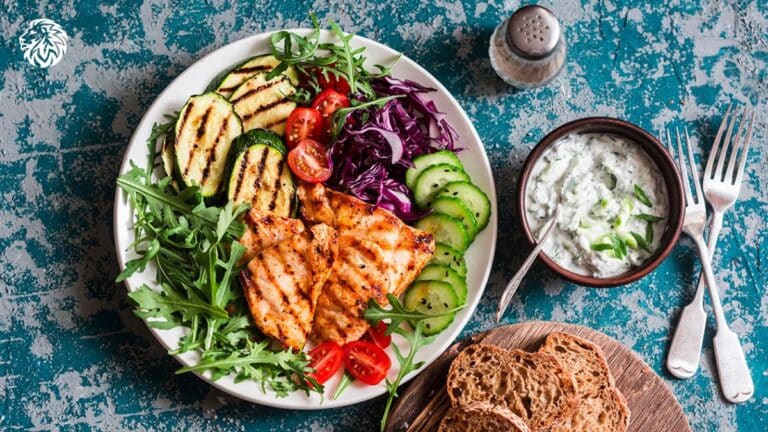Shedding those extra pounds isn’t just about looking good; it’s deeply connected to feeling great and living a longer, healthier life. Amidst the sea of diet plans and workout regimes, the secret to a lasting fat loss often rests in embracing a wholesome way of life. But it’s not just about adding the good stuff. It’s equally important to let go of some not-so-great habits. Kick these habits to the curb, and you’re setting yourself up for success that goes beyond a fleeting moment. It’s about real, lasting change for the better. Let’s dive into five habits that, once ditched, can set you on the path to a fitter, happier you.
1. Consuming Excessive Processed and Sugary Foods

The modern diet is teeming with temptations in the form of processed foods and sugary delights. But what’s the real cost of indulging in these frequently?
- How Processed and Sugary Foods Contribute to Fat Gain: Processed foods often contain high amounts of sugars, unhealthy fats, and sodium, all of which can contribute to increased calorie intake and fat storage. Sugars, especially those in sodas and sweets, can cause spikes in blood sugar levels. In response, the body releases insulin to bring the sugar into cells. However, consistent high sugar intake can lead to insulin resistance, making it harder for the body to manage these spikes. Over time, this can lead to excess fat storage, especially around the waistline.
- Negative Health Effects of Excess Sugar: Beyond just weight gain, high sugar consumption can have a plethora of detrimental health effects. It can lead to dental cavities, increase the risk of type 2 diabetes, and contribute to heart diseases. Furthermore, excess sugar can lead to inflammation in the body, impair cognitive function, and even affect mood, leading to symptoms of anxiety and depression.
- Tips for Reducing Processed and Sugary Food Intake:
- Read Labels: Check the nutrition labels on products to understand the sugar content. Sometimes, sugars are hidden under different names like fructose, glucose, or high fructose corn syrup.
- Choose Whole Foods: Opt for natural, whole foods like fruits, vegetables, lean proteins, and whole grains which are not only nutritious but also more satiating.
- Limit Sugary Drinks: Beverages like sodas, sweetened teas, and some fruit drinks are often loaded with sugars. Choose water, unsweetened teas, or naturally flavored waters instead.
- Cook At Home: Preparing your meals allows you to control the ingredients and portion sizes, ensuring a healthier and more balanced diet.
- Reduce Dessert Frequency: It’s okay to indulge occasionally, but try to limit desserts to special occasions and opt for healthier alternatives when possible.
By recognizing the impact of processed and sugary foods on our health and making conscious efforts to reduce their intake, one can make significant strides in the journey towards fat loss and improved health.
2. Skipping Regular Physical Activity

Physical activity is not just a means to burn off the calories from our last meal; it’s a vital component for overall health and, particularly, for effective fat loss.
- Importance of Consistent Physical Activity for Fat Loss: Consistent exercise boosts metabolism, helping the body burn calories more efficiently even when at rest. Furthermore, it aids in maintaining muscle mass while losing weight, ensuring that the body sheds fat rather than muscle. Regular physical activity also enhances cardiovascular health, bone density, and mental well-being, making it integral to a holistic approach to health.
- Benefits of Combining Aerobic and Strength Training Exercises:
- Aerobic Exercises: Activities like running, swimming, or cycling improve cardiovascular endurance and burn a significant number of calories in a session, aiding in immediate calorie deficit.
- Strength Training: Lifting weights or resistance exercises help in building muscle mass. Muscle, being metabolically active, burns more calories at rest compared to fat, elevating your resting metabolic rate. Moreover, strength training provides a toned appearance and strengthens bones and joints. Combining both ensures that you’re not only burning calories but also building a strong, toned physique.
- Suggestions for Integrating Exercise into a Daily Routine:
- Start Small: If you’re new to exercise, begin with short sessions and gradually increase the duration and intensity.
- Find Activities You Enjoy: You’re more likely to stick with exercises that you find fun. Be it dancing, hiking, or a sport, choose what you love.
- Set a Schedule: Consistency is key. Allocate specific times in your week for exercise and stick to them.
- Incorporate Movement Throughout the Day: Take the stairs instead of the elevator, park farther away from your destination to walk more, or use a standing desk.
- Join a Group or Class: Being part of a community can motivate you to show up and put in the effort. Whether it’s a local gym class or a running group, find your tribe.
- Mix It Up: To avoid plateaus and to keep things interesting, vary your workouts. Combine different forms of aerobic and strength training exercises.
In essence, while diet plays a significant role in fat loss, integrating regular physical activity into one’s routine can fast-track the journey and offer a plethora of additional health benefits.
3. Neglecting Sleep and Recovery

Often overlooked, sleep is a cornerstone of health and plays a pivotal role in the weight loss journey. Neglecting it can hinder fat loss efforts and even lead to unwanted weight gain.
- Role of Sleep in Metabolism and Weight Management:
- Hormonal Balance: Sleep regulates hormones that control appetite. Ghrelin, the hunger hormone, increases with sleep deprivation, while leptin, the hormone signaling fullness, decreases. This imbalance can lead to increased appetite and overeating.
- Metabolic Rate: Lack of sleep can reduce the resting metabolic rate, meaning fewer calories are burned while at rest.
- Insulin Sensitivity: Poor sleep can lead to reduced insulin sensitivity, increasing the risk of fat storage.
- Dangers of Chronic Sleep Deprivation on Weight Gain and Overall Health:
- Weight Gain: As mentioned, imbalances in hunger hormones can lead to overeating and cravings for unhealthy, calorie-dense foods.
- Reduced Immune Function: Chronic sleep deprivation can weaken the immune system, making one more susceptible to illnesses.
- Cognitive Decline: Persistent lack of sleep can impair cognitive functions, leading to reduced focus, memory issues, and decreased decision-making abilities.
- Mood Disorders: Sleep deprivation is linked to a higher risk of mood disorders, including depression and anxiety.
- Increased Risk of Chronic Diseases: From heart diseases to type 2 diabetes, chronic sleep deprivation can raise the risk of various health conditions.
- Strategies for Improving Sleep Quality and Duration:
- Set a Routine: Go to bed and wake up at the same time daily, even on weekends.
- Create a Sleep-Conducive Environment: Ensure your bedroom is dark, quiet, and cool. Consider using blackout curtains, earplugs, or a white noise machine if necessary.
- Limit Screen Time Before Bed: The blue light from screens can interfere with melatonin production, a hormone responsible for sleep. Aim to switch off devices at least an hour before sleep.
- Be Mindful of Food and Drink: Avoid caffeine and large meals close to bedtime, as they can disrupt sleep.
- Incorporate Relaxation Techniques: Activities like reading, meditation, or taking a warm bath can help signal the body that it’s time to wind down.
- Stay Active: Regular physical activity can help improve sleep quality, but try to avoid intense workouts close to bedtime.
Just as diet and exercise are vital for fat loss, so is giving the body adequate rest and recovery. Prioritizing sleep can be the missing link in many people’s weight loss journeys.
4. Over-relying on Quick Fixes and Fad Diets

In a world of instant gratification, it’s tempting to gravitate towards solutions that promise rapid results. However, when it comes to weight loss, quick fixes and fad diets often prove to be not only ineffective but also detrimental in the long run.
- The Truth About the Sustainability and Effectiveness of Fad Diets:
- Short-Term Results: While many fad diets can lead to quick weight loss initially, it’s often due to water loss or muscle breakdown rather than actual fat loss.
- Nutritional Deficiencies: Many of these diets involve eliminating entire food groups, which can lead to a lack of essential nutrients.
- Lack of Scientific Backing: Most fad diets aren’t based on sound scientific principles and are often promoted by celebrities or influencers without credible health or nutrition expertise.
- How These Diets Often Lead to the Yo-Yo Effect:
- Unsustainable Practices: Extreme calorie restrictions or cutting out major food groups is difficult to maintain long-term, leading people to revert to old eating habits.
- Metabolic Adaptations: Severe calorie restriction can slow down metabolism, making it easier to gain weight when one returns to regular eating.
- Psychological Impact: Constantly cycling between weight loss and gain can lead to feelings of frustration, guilt, and lowered self-esteem, often pushing individuals to resort to unhealthy eating behaviors.
- The Importance of Balanced, Long-Term Dietary Changes:
- Holistic Health: A balanced diet ensures that the body receives all necessary nutrients for optimal functioning, from energy production to immune system support.
- Sustainable Weight Management: Adopting a long-term approach, which may include moderate calorie restriction combined with wholesome food choices, is more likely to lead to lasting weight loss.
- Improved Relationship with Food: Rather than viewing food as the enemy or as a mere means to an end, balanced diets encourage a healthier relationship with food, recognizing its role in nourishment and well-being.
While the allure of rapid results is hard to resist, genuine and lasting fat loss requires patience, consistency, and a balanced approach. Ditching the fad diets in favor of sustainable, health-promoting eating habits is the key to long-term success.
5. Ignoring Hydration

Water, the most fundamental component of our body, often gets sidelined in discussions about fat loss. Yet, staying hydrated is pivotal not only for overall health but also for efficient fat loss.
- Role of Water in Metabolism and Detoxification:
- Metabolic Processes: Water is essential for various metabolic reactions, including the breakdown of fats. Proper hydration ensures that metabolic processes run efficiently, aiding in calorie burning.
- Detoxification: The body uses water to flush out toxins and waste products through the kidneys, liver, and sweat. This detoxification helps maintain optimal bodily functions.
- How Dehydration Can Hinder Fat Loss:
- Slowed Metabolism: Dehydration can reduce the body’s metabolic rate, leading to fewer calories burned throughout the day.
- Appetite Confusion: Sometimes, the body can misinterpret thirst signals for hunger, leading to overeating.
- Decreased Physical Performance: Without adequate hydration, physical performance can suffer, resulting in less effective workouts and reduced calorie burn.
- Impaired Digestion: Water aids digestion and helps prevent constipation, which is essential for maintaining a healthy weight.
- Tips for Ensuring Adequate Water Intake Daily:
- Set a Goal: Aim for the general guideline of 8×8 (eight 8-ounce glasses) or adjust based on personal needs and activity levels.
- Carry a Reusable Water Bottle: Having water on hand at all times makes it easier to sip throughout the day.
- Infuse Your Water: If plain water doesn’t appeal to you, add natural flavors with slices of fruits, cucumbers, or herbs.
- Eat Water-Rich Foods: Incorporate foods with high water content into your diet, like watermelon, cucumbers, and oranges.
- Set Reminders: Use phone alarms or apps to remind you to drink at regular intervals.
- Monitor Urine Color: A pale yellow color typically indicates good hydration, while a darker shade suggests the need for more water intake.
While diet and exercise often take the limelight in fat loss discussions, hydration remains a crucial yet underemphasized component. Prioritizing water intake not only supports fat loss but also bolsters overall health and vitality.
Conclusion
Achieving meaningful and sustainable fat loss isn’t about a singular magic pill or a trendy diet; it’s about adopting a holistic approach that encompasses multiple facets of our lifestyle. From what we consume to how we move, from the rest we grant ourselves to the water we drink, every element plays a role in shaping our health and weight.
Quitting the five habits discussed above – indulging too frequently in processed and sugary foods, skipping regular physical activity, neglecting sleep and recovery, over-relying on quick fixes and fad diets, and ignoring hydration – can drastically improve the chances of not just losing weight, but fostering a healthier and more harmonious relationship with our bodies.
As readers embark on or continue their journey to a healthier self, it’s crucial to understand that real change happens with consistency and patience. By embracing a more comprehensive view of health and wellness, one that sees all these aspects as interconnected pieces of a larger puzzle, individuals can pave the way for lasting and impactful results. So, take a step back, re-evaluate these habits, and commit to a brighter, healthier future.







